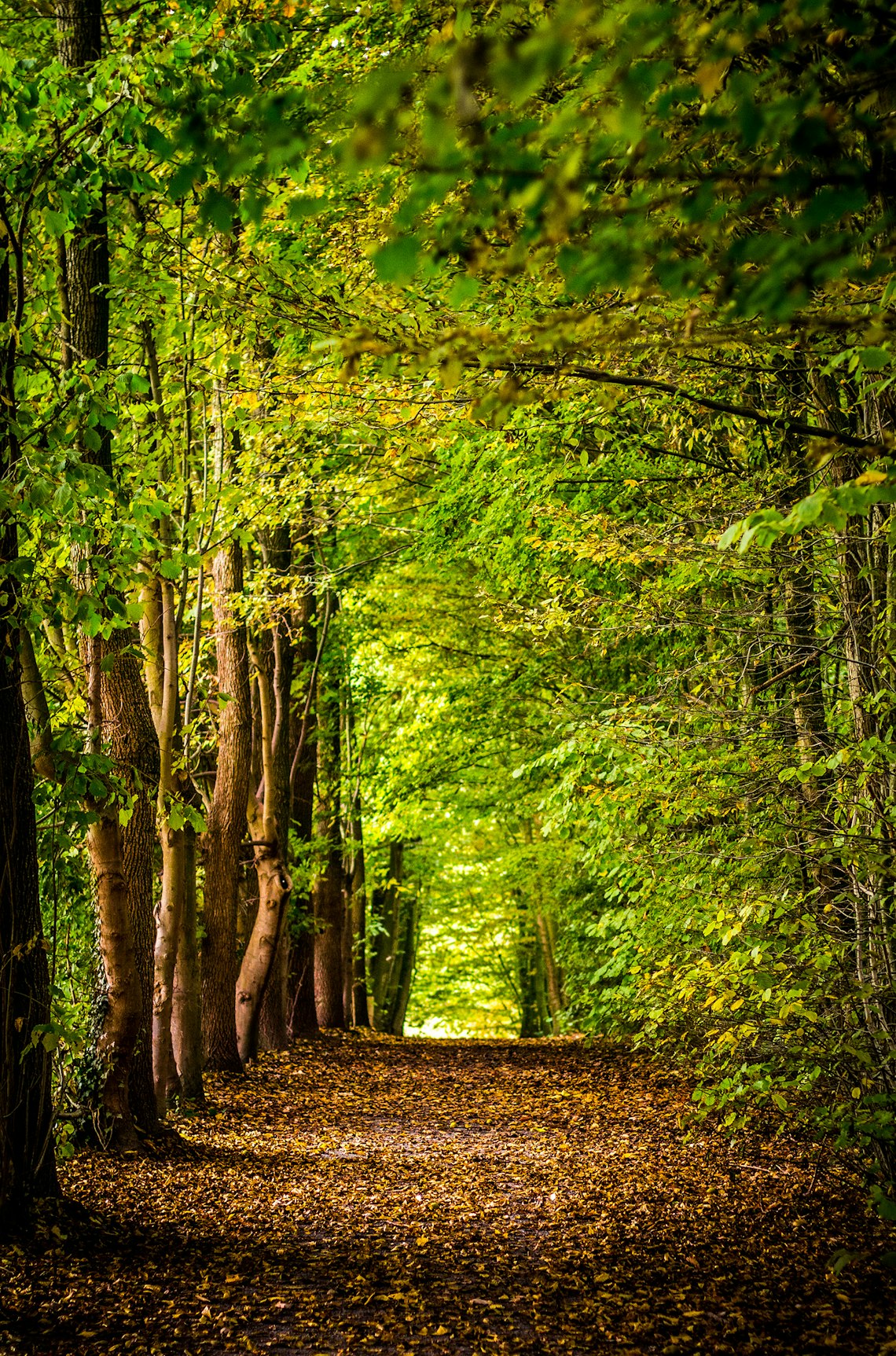Forests are crucial for maintaining the balance of our ecosystem, yet deforestation continues to be a major environmental concern worldwide. One solution that has gained traction in recent years is the cultivation of Eucalyptus trees.
Eucalyptus trees, native to Australia but now found in many parts of the world, are known for their fast growth rate and suitability for various climates. This makes them a valuable resource in combating deforestation.
One of the key benefits of Eucalyptus trees is their rapid growth. They can reach maturity in as little as 6-10 years, much faster than many other tree species. This means that they can be harvested relatively quickly, providing a sustainable source of wood while reducing the pressure on natural forests.
Moreover, Eucalyptus trees are highly adaptable and can thrive in different soil conditions, which makes them well-suited for reforestation projects in diverse environments. They also have the ability to regenerate quickly after harvesting, further enhancing their appeal as a solution to deforestation.
Another advantage of Eucalyptus trees is their versatility. The wood from these trees is commonly used in various industries, including construction, paper production, and even as a source of biofuel. By promoting the cultivation of Eucalyptus trees, we can reduce the demand for timber from natural forests, thus helping to preserve these important ecosystems.
It is important to note that while Eucalyptus trees offer many benefits in the fight against deforestation, proper management practices must be implemented to ensure sustainable growth and minimize potential negative impacts on the environment. This includes carefully planning the location of Eucalyptus plantations and monitoring their growth to prevent overexploitation.
In conclusion, Eucalyptus trees represent a fast-growing and versatile solution to deforestation. By promoting the cultivation of these trees, we can help protect natural forests, support sustainable industries, and contribute to the preservation of our environment for future generations.




